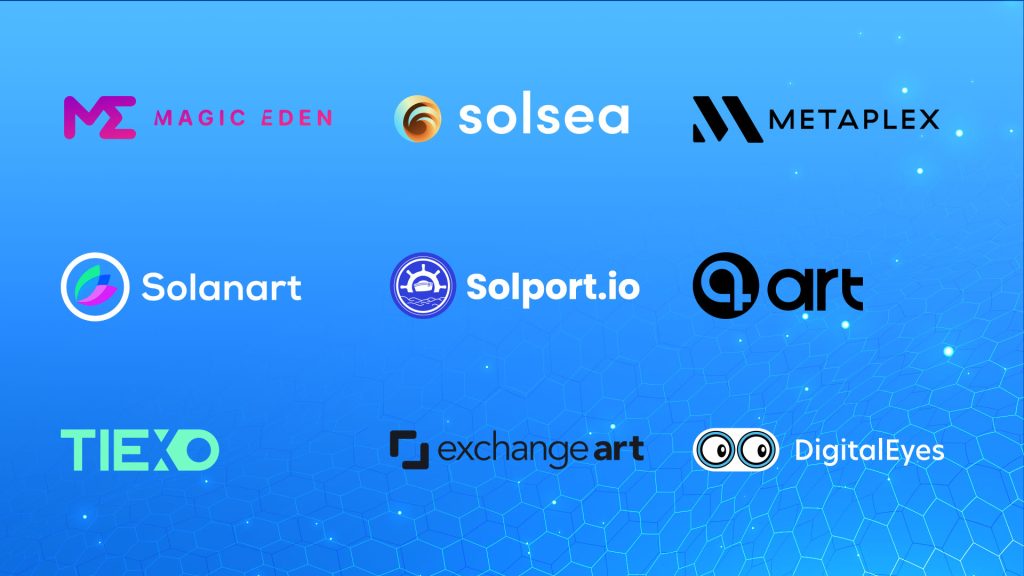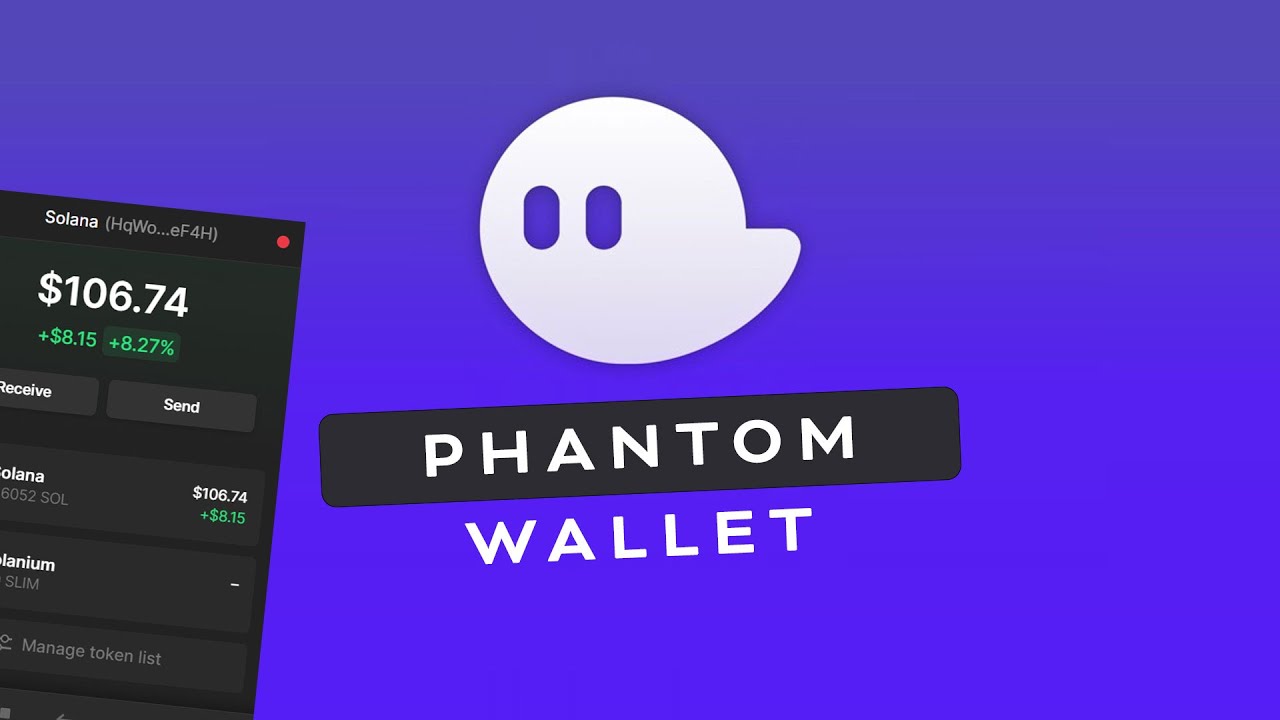
Ubik Capital interview: Current state of Solana validators and fee economics
The following interview is as a result of a request from a team that participated in Solana Scribes content hackathon. Why did you choose to

SOL

Solana is a decentralized blockchain built to enable scalable, user-friendly apps. Solana calls itself the fastest blockchain worldwide to support 50,000 transactions per second without sacrificing decentralization and near-zero fees. Solana offers a fast and high-performance platform for developing programs, creating transactions, and managing cryptocurrencies on a permission-less blockchain.

The following interview is as a result of a request from a team that participated in Solana Scribes content hackathon. Why did you choose to

Decentralized Physical Infrastructure Networks (DePINs) are blockchain protocols designed to build, maintain, and manage physical-world infrastructures in an open and decentralized way. These networks use cryptocurrency tokens as incentives for developing tangible infrastructure in the real world, including wireless networks, cloud services, mobility networks, and power grids.

The blockchain trilemma is deeply rooted in the industry: It’s widely believed that blockchains are built in such a way that forces developers to sacrifice

Highlights from Breakpoint 2023

NFTs have been all the rage over the past few months, with a wide variety of platforms and marketplaces emerging to cater to the growing

The play-to-earn revolution is picking up speed and even though most GameFi platforms are native to Ethereum’s network, Solana is also rising just as fast

Solana is one of the most popular and fast-growing programmable blockchain platforms with a strong focus on scalability. Compared to Ethereum, Solana has a much

This is a guide for users to learn step-by-step how to stake their $SOLs using Phantom web browser extension wallet and mobile wallet. Before explaining

The following interview is as a result of a request from a team that participated in Solana Scribes content hackathon. Why did you choose to

Decentralized Physical Infrastructure Networks (DePINs) are blockchain protocols designed to build, maintain, and manage physical-world infrastructures in an open and decentralized way. These networks use cryptocurrency tokens as incentives for developing tangible infrastructure in the real world, including wireless networks, cloud services, mobility networks, and power grids.

The blockchain trilemma is deeply rooted in the industry: It’s widely believed that blockchains are built in such a way that forces developers to sacrifice

Highlights from Breakpoint 2023

NFTs have been all the rage over the past few months, with a wide variety of platforms and marketplaces emerging to cater to the growing

The play-to-earn revolution is picking up speed and even though most GameFi platforms are native to Ethereum’s network, Solana is also rising just as fast
9sWYTuuR4s12Q4SuSfo5CfWaFggQwA6Z8pf8dWowN5rk
9sWYTuuR4s12Q4SuSfo5CfWaFggQwA6Z8pf8dWowN5rk
Staking is a mechanism by which a Proof-of-Stake (PoS) cryptocurrency holder locks their cryptocurrency for a period of time to validate transactions. Users can delegate their cryptocurrency to teams that operate validating nodes. These validation nodes then use the cryptocurrency that is delegated to them to vote and validate transactions. In return, those who choose to stake are typically rewarded with cryptocurrency rewards at a specified percentage rate.
Mostly projects have a fix locking period for your tokens, between 2 and 21 days, but in some networks, this period depends on how much tokens are staked/blocked in that network.
Yes, however, your tokens can incur a % slashing/burn penalty if the validator you voted with is slashed(eliminated from the network) for inappropriate behavior(validator is not complying with the networks rules).
Those who choose to stake are typically rewarded with new tokens/cryptocurrency rewards at a specified percentage rate.
Because you will help secure the network through delegation of your tokens to a validator while still maintaining full control over your tokens.
Ensure you are part of the token reward system and your tokens will not be devalued due to the inflation rate.
It is best to check the online explorer/tracker of each project.
A validator is a node chosen to validate transactions and add new blocks to the blockchain.
For a node to be a validator, it must stake or lock up its coins. The more coins a node stakes, the more likely it is to be chosen to validate a block.
When a block is validated, the validator is rewarded with newly minted coins and transaction fees. Validators are also responsible for maintaining the state of the blockchain and keeping it secure.
If a validator is caught validating fraudulent transactions or breaking any of the other network rules, that validator risks losing a part of its staked coins. For this reason, nodes that stake their coins have a strong incentive to play by the rules.
A node is a computer that is connected to the blockchain network. Nodes can be used to validate transactions and add new blocks to the blockchain. A node can also refer to any individual participating in the network. For example, a user with a smartphone connected to the network would be considered a node.
A validator is a node that has been chosen to actively participate in validating transactions and adding new blocks to the blockchain. As mentioned earlier, such a node will need to stake its coins to stand a chance of becoming a validator.
The minimum amount required for staking will depend on the network rules. Generally, the more coins you stake, the more likely you will be chosen as a validator.
There are a few risks associated with staking coins:
- If you stake your coins on a validator node that breaks the network rules, you may lose all of your staked coins through slashing.
- If the value of the coin you have staked goes down, you may lose money.
Slashing is when a validator is caught breaking the network rules and is punished by having a portion of their staked coins taken away.
The purpose of slashing is to incentivize validators to behave appropriately and play by the rules. If a validator knows they may lose a portion of their coins if they break the rules, they will be less likely to do so.
Some networks also punish validators through slashing when their node is offline for too long. Again, this incentivizes validators to keep their node online and running smoothly.